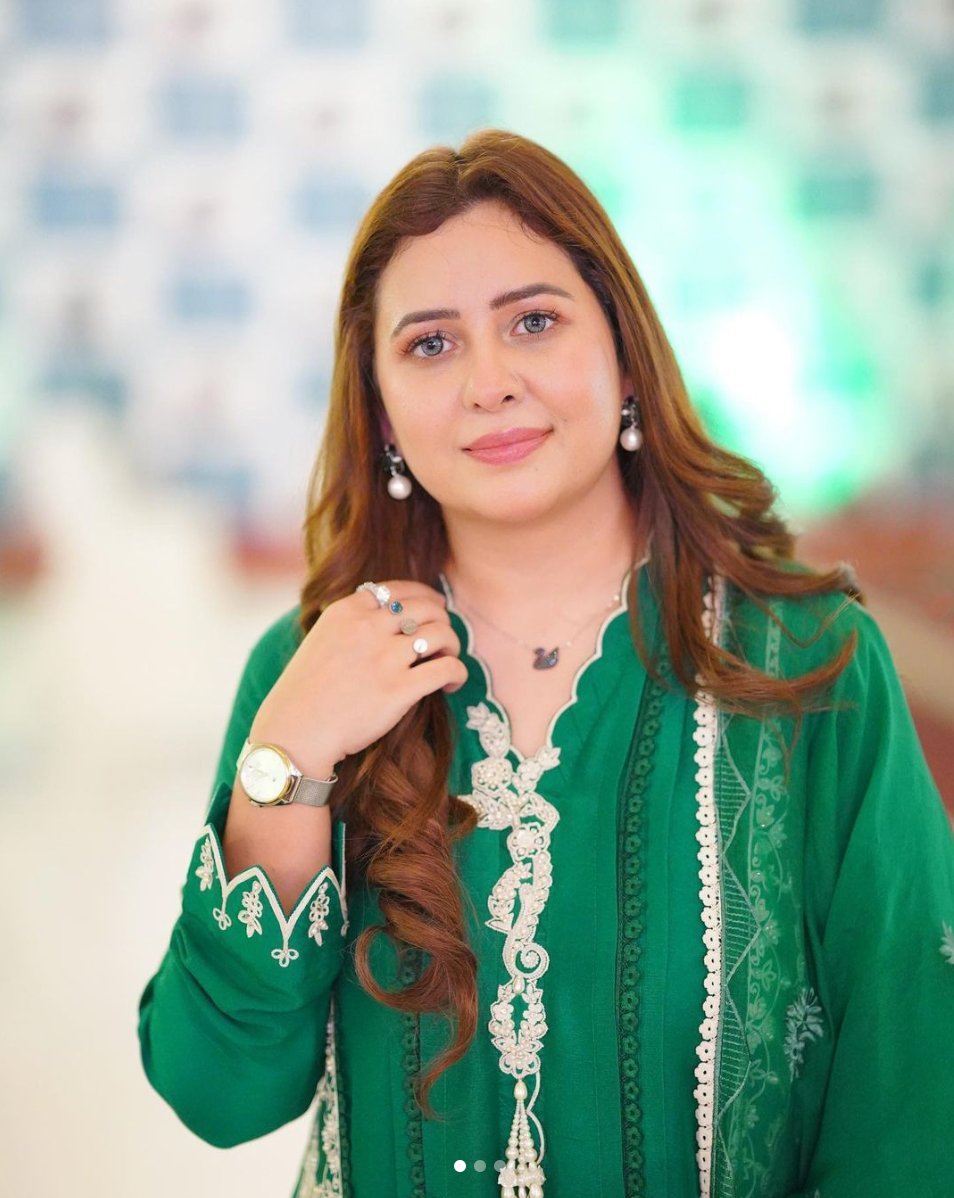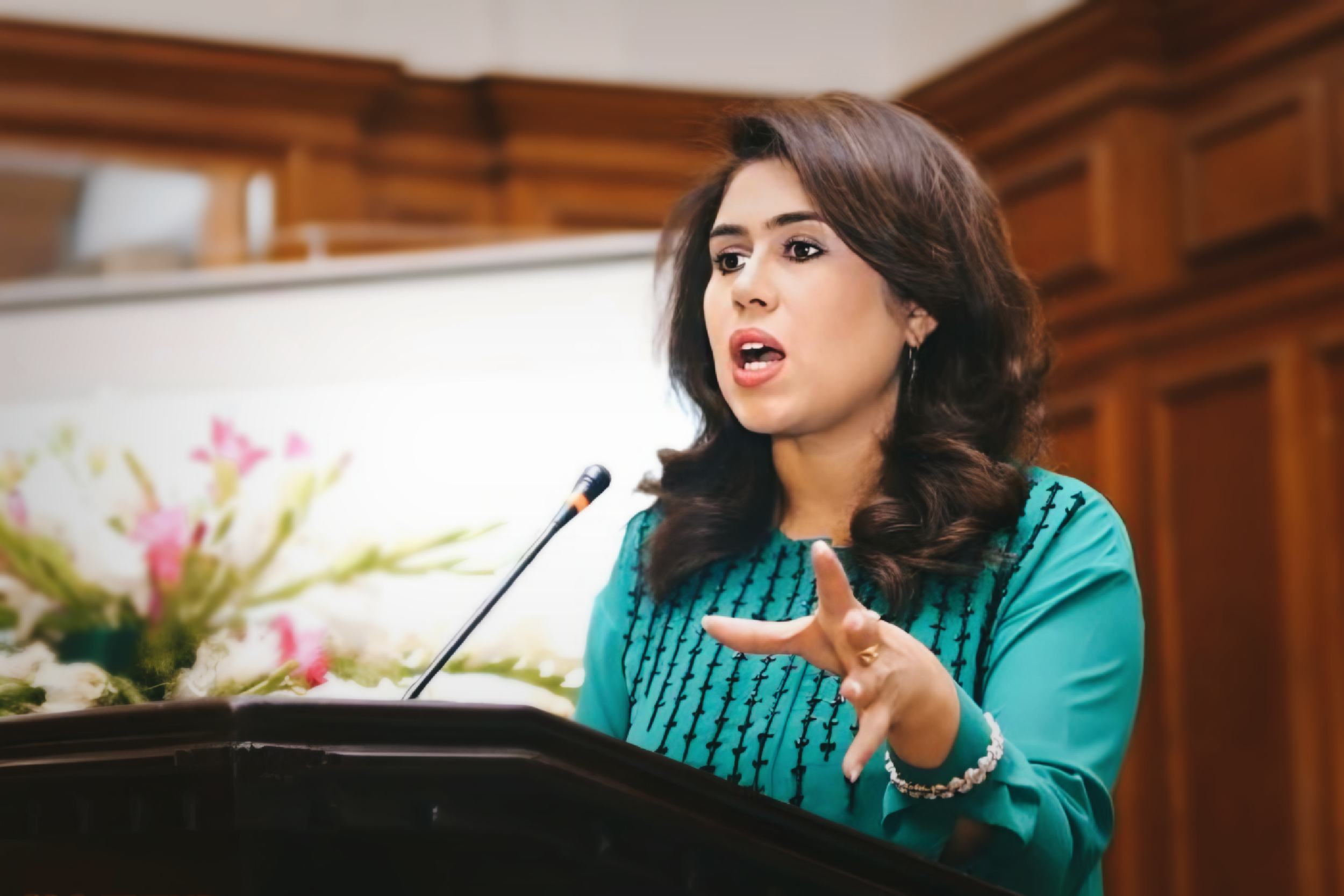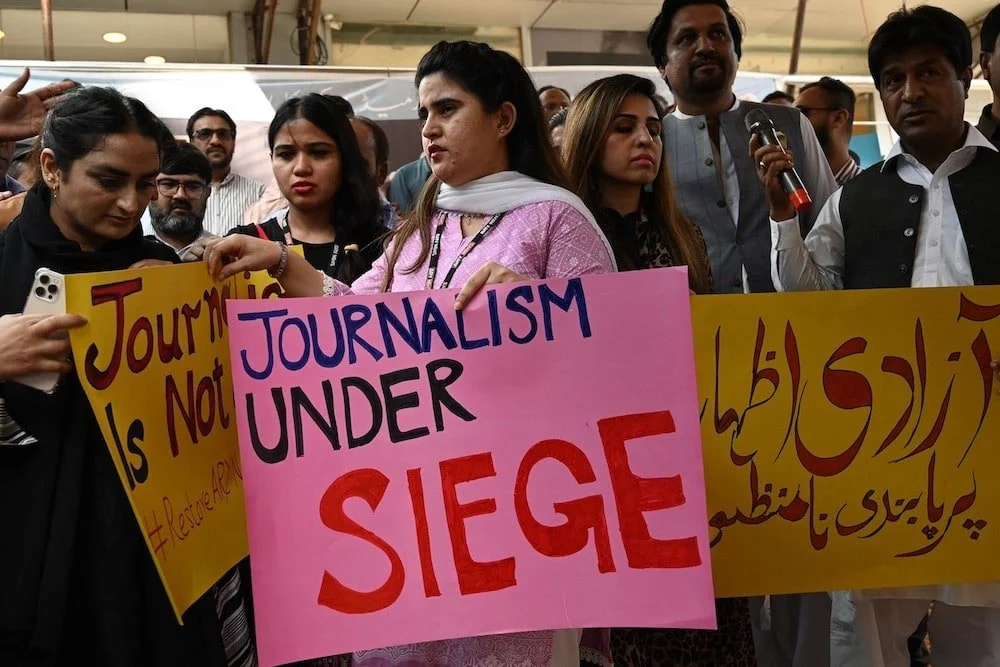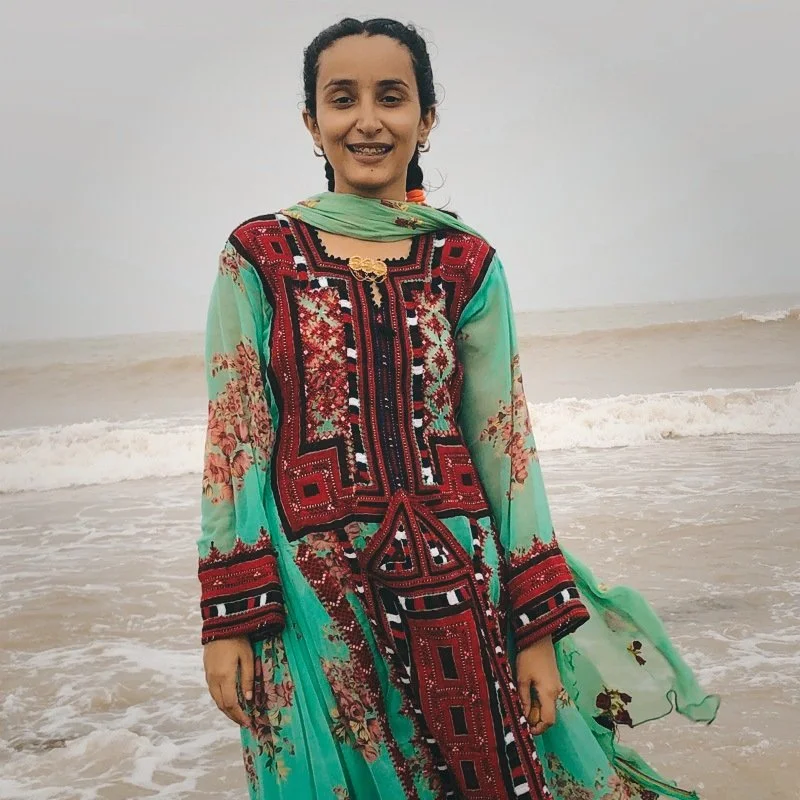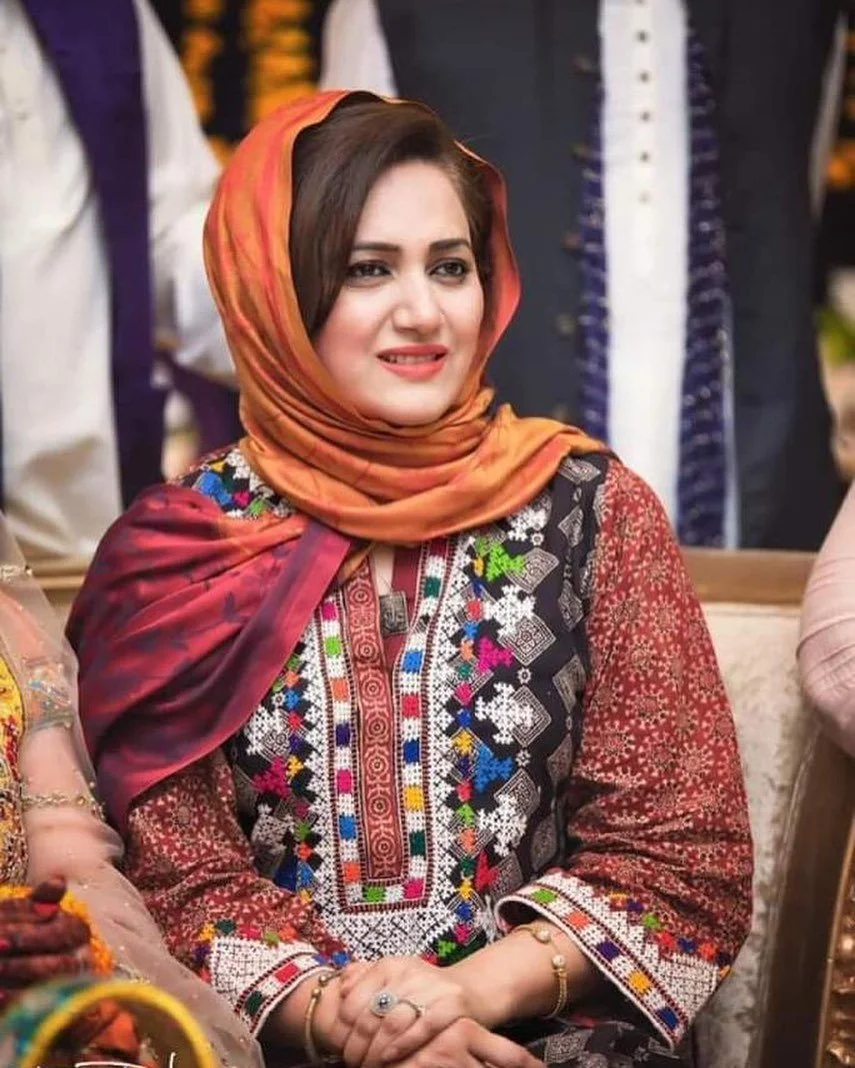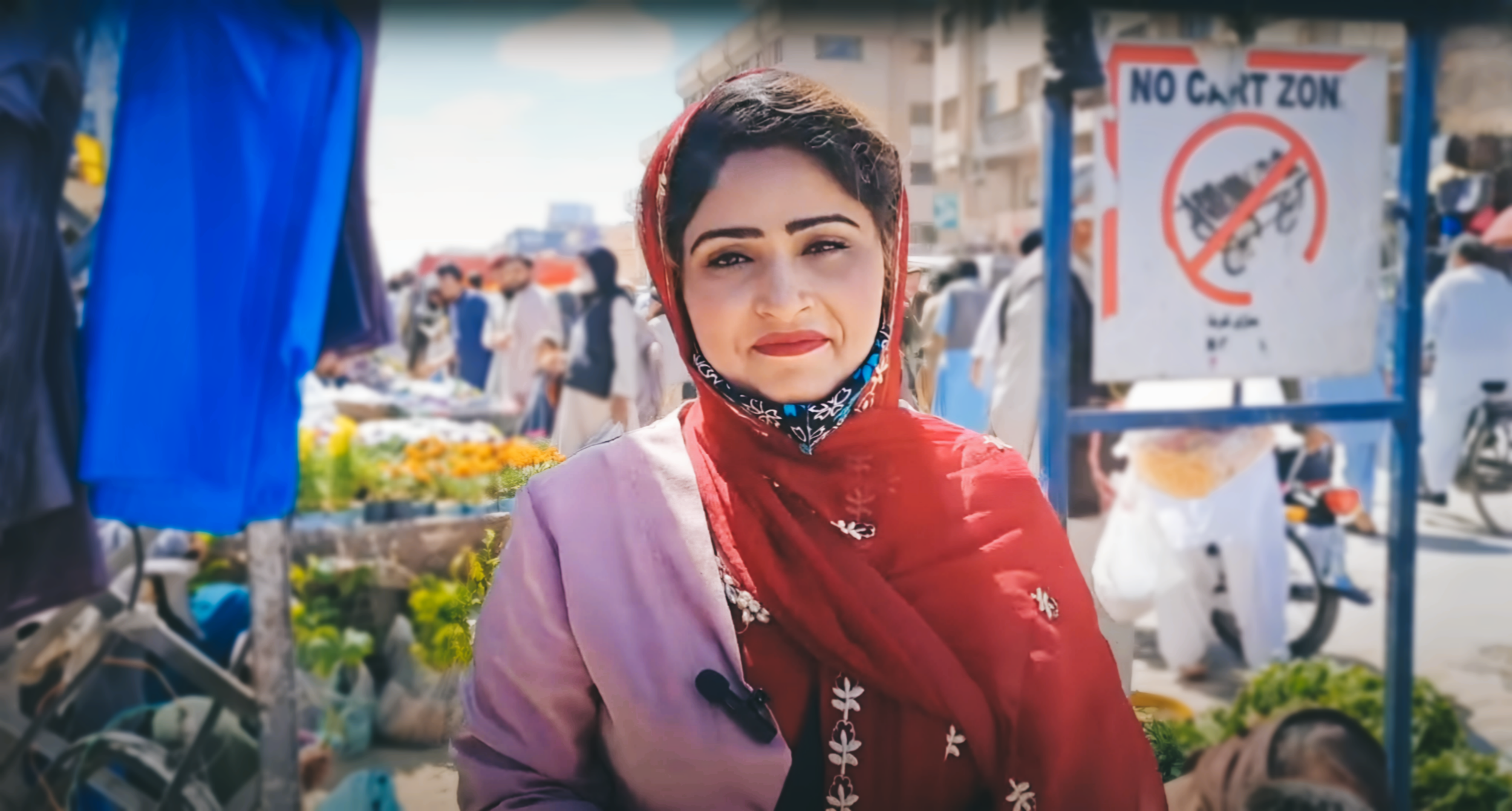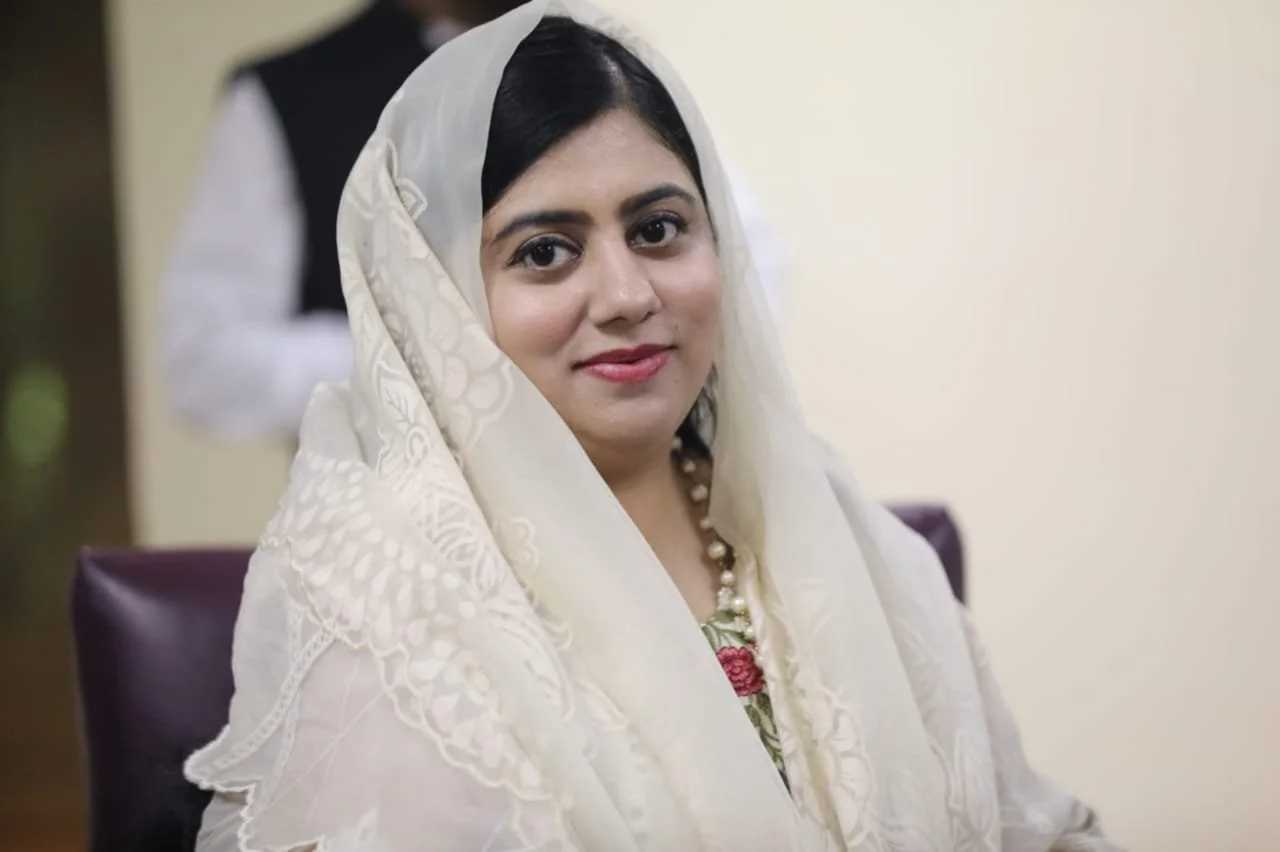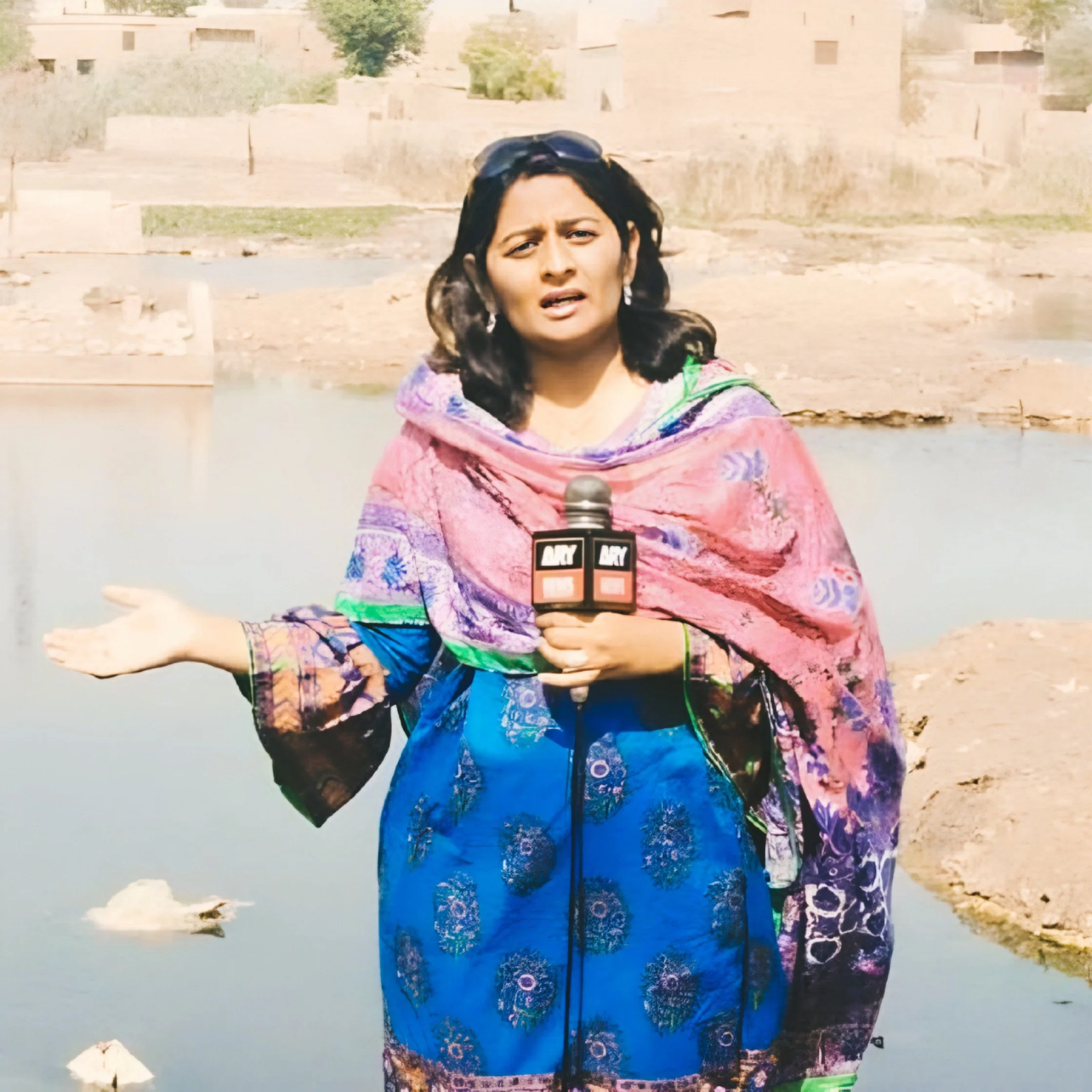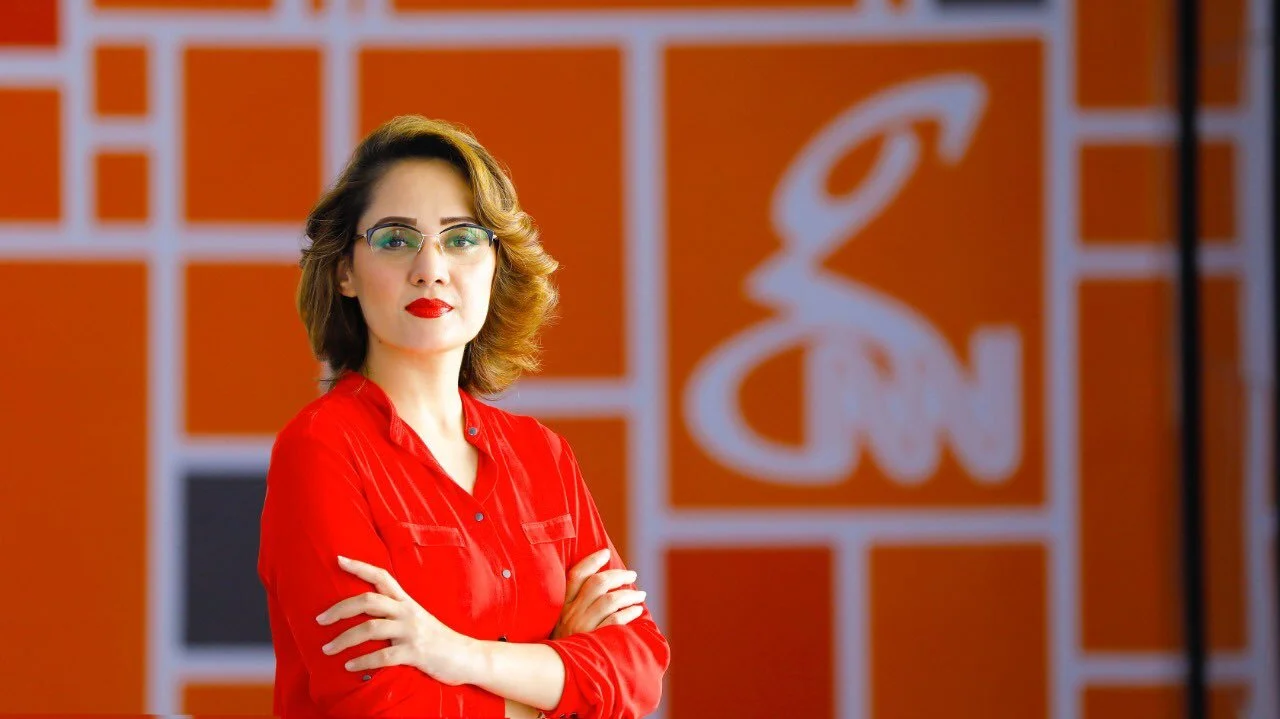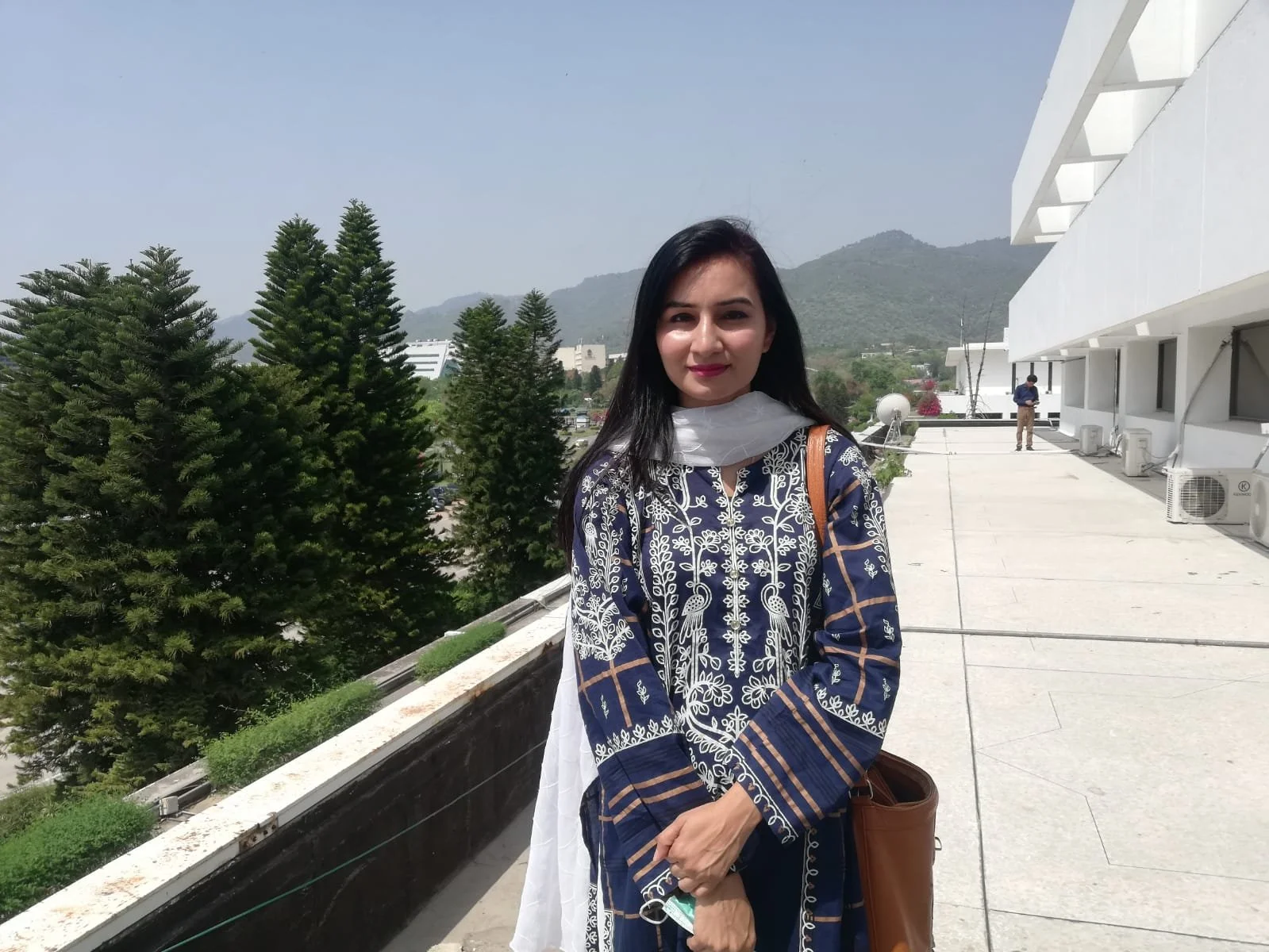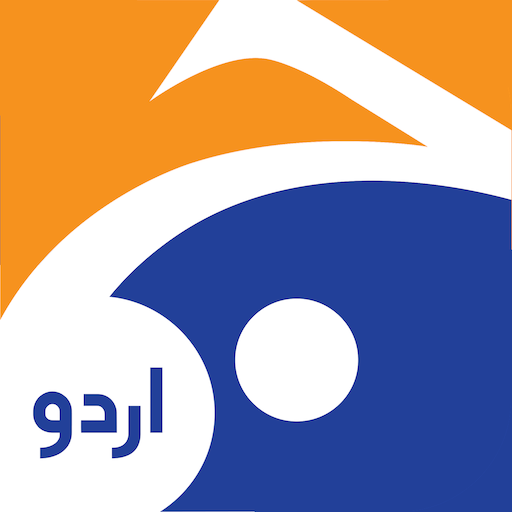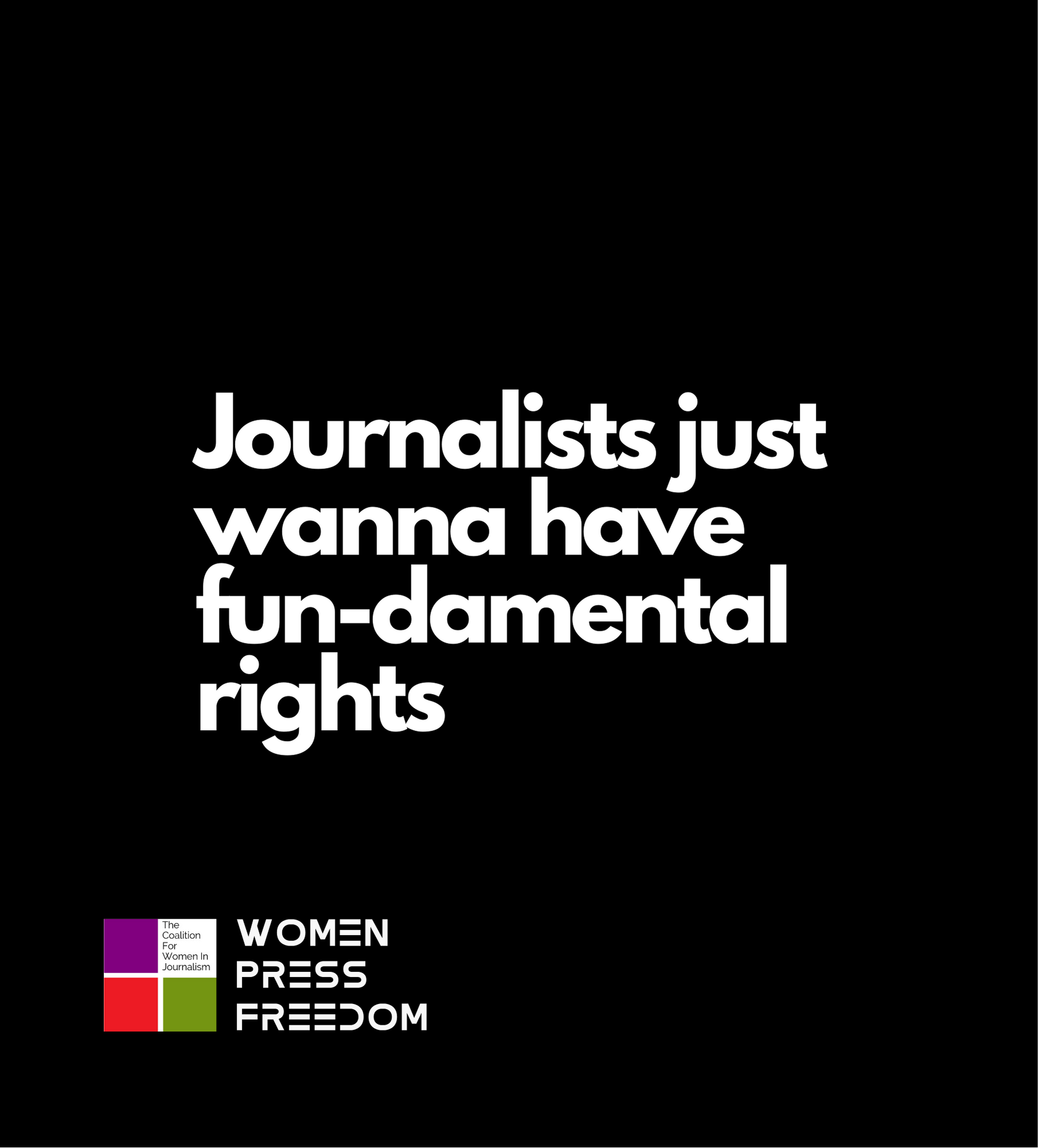Pakistan: Benazir Shah Endures Coordinated Online Harassment and Hacking - Women Press Freedom Calls for Stricter Regulations
After speaking out on a blasphemy case, Shah was subjected to a targeted online harassment campaign and had her Twitter account compromised
Location: Pakistan
Date: June 26, 2024Women Press Freedom stands in solidarity with Benazir Shah, a prominent Pakistani journalist, who recently endured a coordinated campaign of online harassment and had her Twitter account hacked following her comments on a blasphemy case. The harassment, initiated by supporters of a far-right religious group, included threats, defamatory statements, and the unauthorized use of her photos. Despite the presence of male colleagues who made similar statements, the attacks were disproportionately directed at Shah, highlighting the gendered nature of such online abuse. Women Press Freedom condemns these reprehensible actions and the subsequent hacking of Shah’s Twitter account, which was used to disseminate unrelated content. We call on the Pakistani government to enforce stricter regulations and a code of conduct for political and religious groups to prevent the online abuse of journalists. We also urge social media companies to enhance their security protocols and provide more substantial support to users facing harassment, ensuring a safer digital space for all.
Pakistani journalist Benazir Shah faced a barrage of online harassment and a hacking incident following her comments on a recent blasphemy case in Pakistan. Shah, the editor of Geo Television's fact-checking department, reported that her Twitter account was hacked, leading to a frantic morning of recovery efforts.
In an interview with Women Press Freedom, Shah detailed her ordeal, explaining that the harassment began on Sunday after she cited reports from human rights organizations regarding threats against the Christian community. The threats came from a far-right religious group in Pakistan. Her comments, made during a television appearance, sparked a wave of abusive tweets and threats directed solely at her, despite male colleagues making similar statements.
"I usually have my phone off on Sundays, but when I opened it in the evening, my mentions were flooded with accounts posting comments on my TV appearance," Shah tells Women Press Freedom. "Supporters of the far-right religious group began by threatening legal action and quickly escalated to abusive and misogynistic attacks."
The trolling campaign continued for several days, during which Shah's Twitter account was compromised. Hackers changed her display image and used her account to post unrelated content about Bitcoin and Tesla. Shah's account was eventually recovered with the help of digital rights activists and contacts within Twitter, but the incident left her questioning the platform's security measures for users without premium memberships.
"Twitter is blocked in Pakistan, so we use VPN to access it. This makes it even more suspicious for Twitter when trying to recover a hacked account," explains Shah. "If I hadn't reached out to friends with contacts at Twitter, I might not have regained access."
Shah emphasizes the mentally taxing nature of dealing with such coordinated attacks, noting that reporting each abusive account individually is a daunting task. She also highlighted the gendered aspect of the harassment, pointing out that none of her male colleagues were targeted despite making similar statements.
"This is not the first time I've been targeted," says Shah, as documented by Women Press Freedom. "During the COVID-19 pandemic, I was critical of the government's response and faced extensive trolling from accounts linked to the then-ruling political party. My private pictures were leaked, forcing me to shut down my Facebook account."
"We are very few women journalists in Pakistan," says Shah. "We need a code of conduct to ensure we are not targeted or abused online. Unfortunately, nothing has been done to address this issue."
Women Press Freedom has documented numerous organized troll campaigns in Pakistan targeting women journalists, including Absa Komal, who was attacked last month. Komal, who voiced concerns about the misuse of blasphemy laws, received multiple threats, including one person suggesting they could turn from 'flower' to 'sword' and another referencing a past murder by a supporter in Europe, warning Komal to be cautious.
The persistent online abuse faced by women journalists in Pakistan, as evidenced by Shah's and Komal's experiences, highlights the urgent need for systemic change. The Pakistani government must take decisive action to protect journalists from harassment and ensure their safety. We urge political parties to implement a Code of Conduct to prevent the online abuse of journalists. This code should mandate that political and religious groups refrain from targeting and harassing journalists, with strict penalties for violations.
Twitter's current policies and procedures have proven inadequate in preventing and addressing the coordinated harassment of journalists. Shah’s experience of being unable to quickly report the mass abuse and the initial response suggesting she set up a new account highlight systemic flaws. The platform’s reliance on users to report individual abusive accounts is not only impractical but also mentally taxing, placing an undue burden on the victims of harassment.
Women Press Freedom calls on Twitter to take immediate and concrete steps to enhance its security protocols and user support systems by developing more efficient and user-friendly reporting tools that allow users to report coordinated harassment campaigns easily. This should include the ability to report multiple abusive accounts simultaneously and flag them as part of a coordinated attack; ensure that compromised accounts, especially those of journalists and other vulnerable users, can be quickly and securely recovered without unnecessary delays or additional stress; implement stronger security features for all users, regardless of their subscription status; establish a dedicated support team to assist journalists and other high-risk users in addressing harassment and recovering compromised accounts.
Women Press Freedom is an initiative by The Coalition For Women In Journalism
The Coalition For Women In Journalism is a global organization of support for women journalists. The CFWIJ pioneered mentorship for mid-career women journalists across several countries around the world and is the first organization to focus on the status of free press for women journalists. We thoroughly document cases of any form of abuse against women in any part of the globe. Our system of individuals and organizations brings together the experience and mentorship necessary to help female career journalists navigate the industry. Our goal is to help develop a strong mechanism where women journalists can work safely and thrive.
If you have been harassed or abused in any way, and please report the incident by using the following form.











